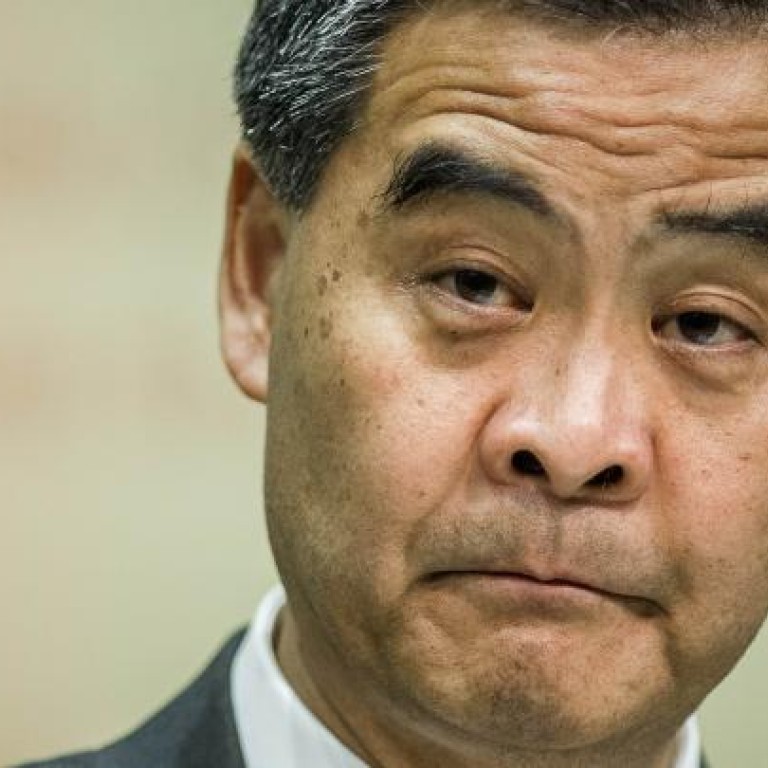
Rebut, yet don't chill free speech
Chief Executive Leung Chun-ying has demanded through his lawyers that a newspaper retract an article which he says defamed him. This has prompted demands that, instead, Leung should withdraw the lawyer's letter. Leung has said that while he has always respected freedom of speech and of the press, the article contained allegations of relations with triads that had to be taken seriously. His lawyer's letter claimed that commentary in the by Joseph Lian Yi-zheng, a former member of the Central Policy Unit think tank, defamed him and called on the newspaper to retract it.
The newspaper and the author denied having made an allegation of triad links and declined to retract the article, but apologised if it prompted some readers to draw "unfair conclusions".
Leung has accepted the apology but has not said whether he will withdraw the letter. Hopefully, he will be content to let the matter rest.
The newspaper's response speaks for itself. Lian appears to have gone too far. Whether Leung should have issued a lawyer's letter is debatable. It has triggered debate whether a government official should sue the press. Journalists, human-rights activists and pan-democratic lawmakers have called on him to withdraw the letter over fears for press freedom.
Precedent in Britain establishes that governments cannot sue the press. The principle behind this is to protect a free flow of information, which is fundamental to our freedoms. Legal action by a government over publication can have a chilling effect on freedom of the press in its role of monitoring government and holding it accountable. Leung has not said he will sue. But a letter sent through his lawyers is seen as putting the recipient on notice.
Leung is no ordinary official. Under executive-led government he is, in a sense, the government. An official of his standing should be big enough to deal with the affront caused by the article without sending a lawyer's letter. Press freedom, a core Hong Kong value, is a real issue here, because it rests on perceptions that can be very sensitive in these circumstances. So what would we have Leung do? A robust public statement rebutting the content of the article perceived to be defamatory could have won public sympathy and prompted the newspaper to reflect on its action.

